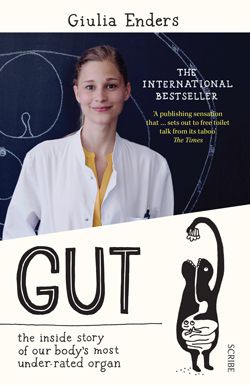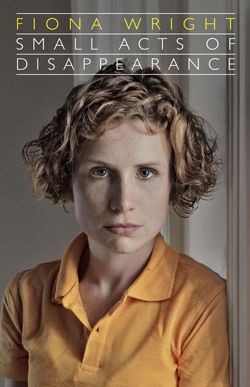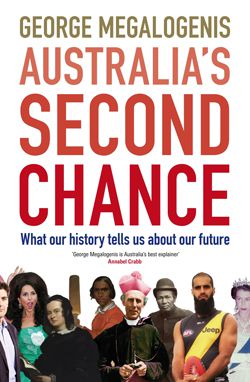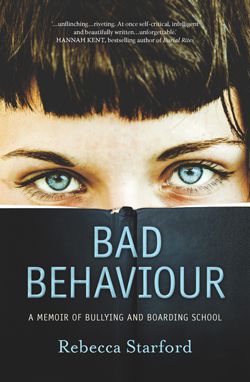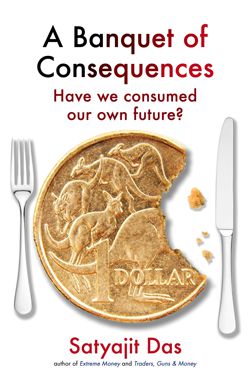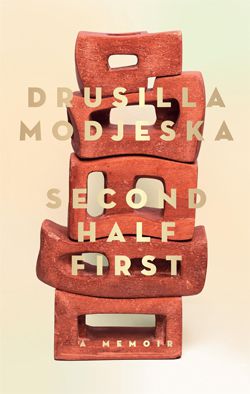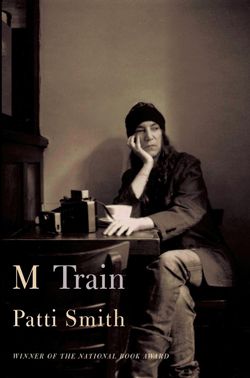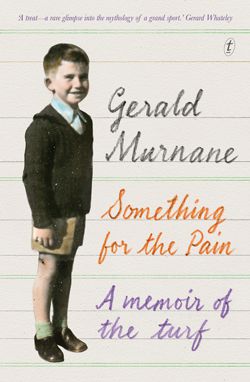Here are our top ten non-fiction books of the year, voted for by Readings staff. Displayed in no particular order.
Gut: the Inside Story of Our Body’s Most Under-Rated Organ by Giulia Enders
I thoroughly enjoyed reading this fascinating guide to the importance of our gut bacteria and its relationship to health. The gut is the latest mysterious frontier in medical science and Guilia Enders, a scientist with a flair for making complex processes understandable, delves into the latest research in gut health with humour and a light touch. With plenty of tips to improve your digestive health plus informative illustrations, this book is perfect for health-conscious readers.
Angela Crocombe
Small Acts of Disappearance by Fiona Wright
Fiona Wright’s collection of personal essays about her struggle with an eating disorder is an incredibly impressive work that moves far beyond its original premise in scope to cover a wide range of subjects. As with the best memoir writing, Wright’s prose is intensely personal yet also has the precision and keen observational depth of great essays.
Chris Somerville
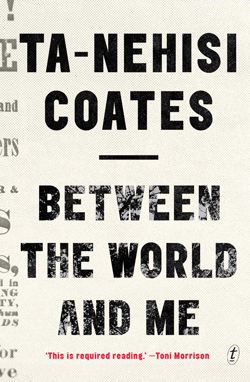
Between the World and Me by Ta-Nehisi Coates
Inspired by James Baldwin’s The Fire Next Time, Ta-Nehisi Coates writes a letter to his fifteen-year-old son on the enduring question of race in America. This tender form soon becomes a fiercely intelligent and radical enquiry, as Coates leaps from the Civil War to a childhood in Baltimore to police shootings in the present day. A brilliant book that grapples with both the mind and the heart.
Jess Au
(In related news, Between the World and Me was recently awarded the 2015 National Book Award for Non Fiction)
Australia’s Second Chance: What Our History Tells Us About Our Future by George Megalogenis
George Megalogenis uses his forensic skills to analyse what has driven Australia’s success. In the mid-19th Century Australia was one of the wealthiest countries in the world, our wealth driven by waves of immigration and innovation. With the recession of 1890, we closed our borders and it wasn’t until the post-war period when we embraced the world again that widespread prosperity returned. When Australia has opened its borders it has been the most successful – a fascinating hypothesis.
Mark Rubbo
Bad Behaviour: A Memoir of Bullying and Boarding School by Rebecca Starford
This memoir of Australian adolescence is so many things at once: a chilling description of Australian teenage girlhood, an insightful exploration of the experiences that shape us, a bold and unflinching look at the writer’s journey towards self-acceptance in adulthood, and a superbly narrated story about a bunch of kids on a year-long school camp. This memoir is a hard, bold, brave and intelligent look at the way we grow up and how we learn to live comfortably with ourselves.
Amy Vuleta
A Banquet of Consequences: Have We Consumed Our Own Future? by Satyajit Das
Satyajit Das’s 2006 exposé of the derivatives market, Traders, Guns & Money, was acclaimed in the aftermath of the Global Financial Crisis for its prescience. In A Banquet of Consequences, Das again looks ahead to the potential outcomes of the economic and social traps being set by our current policies and priorities. Chief among his concerns are the shrinking middle class and impending stagnation and decline. An interesting and absorbing read.
Elke Power
Second Half First by Drusilla Modjeska
Some memoirs are diverting picaresques, others trumpet the individual’s triumph over hardship. Valid as these can be, far better are those that use the author’s own experiences as a frame over which to drape a more profound project. Second Half First is at once a gorgeous, at times gut-raking, evocation of a singular life, and also a work of social and literary criticism. This book is a beautiful hybrid sure to fire the mind and stir the soul of any reader.
Gerard Elson
So You’ve Been Publicly Shamed by Jon Ronson
In his latest book, British journalist Jon Ronson examines the lasting impact of being publicly shamed online, with a particular focus on humiliation and harassment via social media. This is a fast-paced, compulsively readable and fascinating work, filled with Ronson’s trademark wit and honesty. Smart but accessible, it makes for an enjoyable, immersive reading experience.
Nina Kenwood
M Train by Patti Smith
This is not the first time Patti Smith has bent memories and fables into a landscape that captures her influences while also reflecting on us all. Smith’s ability to net our collective humanity in lyrical tones allows the reader, the viewer and the listener to be a passenger on her multi-platform artistic train. This book is your ticket to honour the gift of an extraordinary woman.
Christine Gordon
Something for the Pain: A Memoir of the Turf by Gerald Murnane
Gerald Murnane has written a memoir about horse racing and, regardless of how you feel about the sport, you should definitely read this book. It is the best thing I’ve read all year. Murnane traces his relationship with racing from when he listened some 70 years ago to the ‘sound of mellifluous horses’ names’ being spoken around him at his neighbours’ home, through to the death of his wife Catherine shortly before the Blue Diamond Stakes at Caulfield in 2009. The result is the kindest of Murnane’s works. I have long admired Murnane’s difficult, somewhat defensive books, but I have never loved him until now.
Miles Allinson


